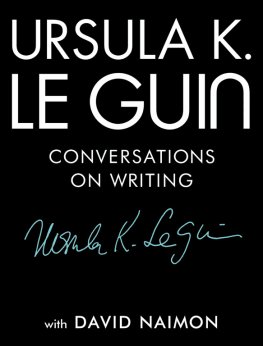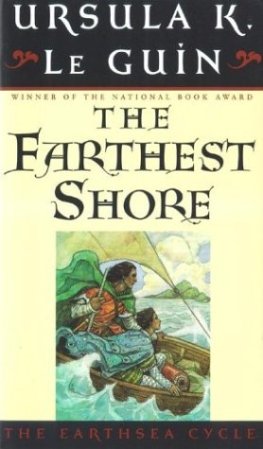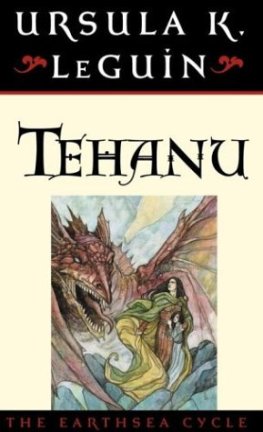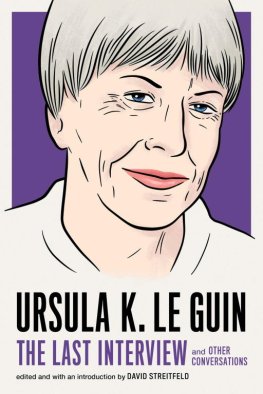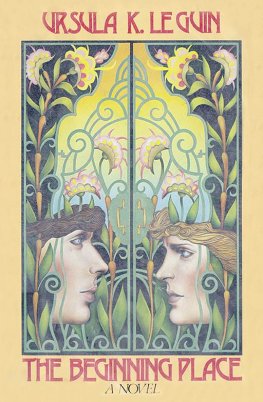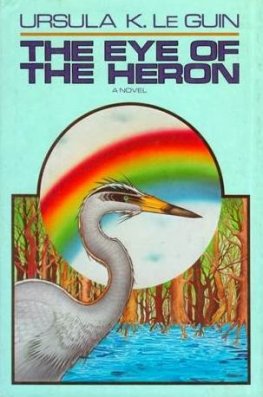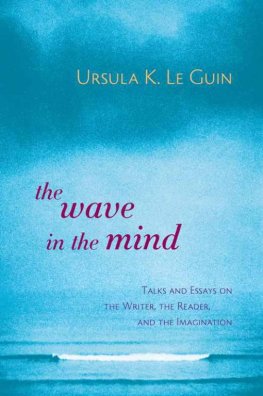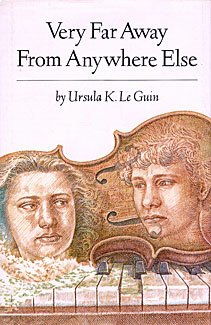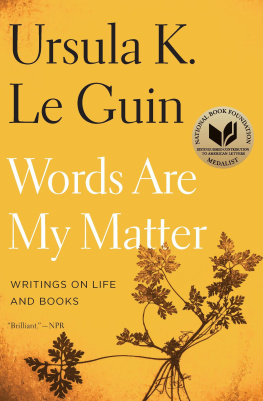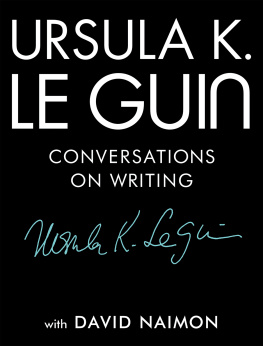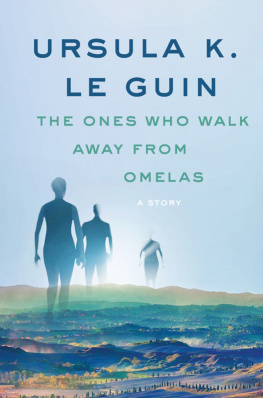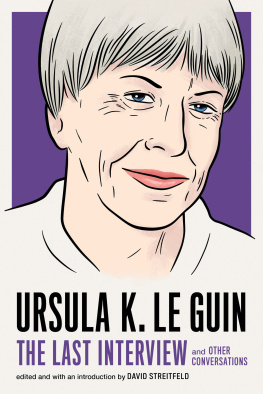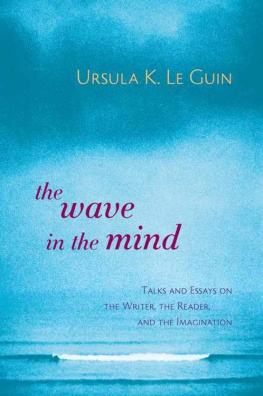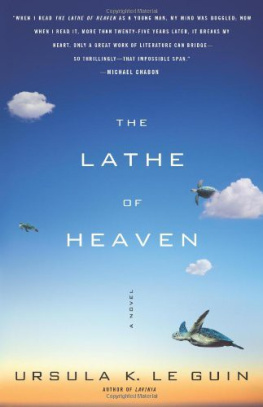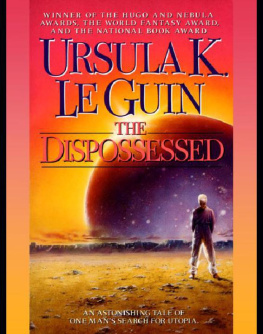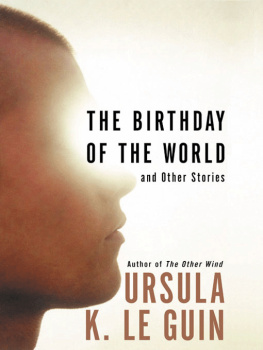Ursula K. Le Guin
CONVERSATIONS ON WRITING
with David Naimon

Ursula K. Le Guin 19292018
The copyeditor used a red pen. Ursula a pencil. Pencil and pen had agreed and disagreed on this manuscript, which Ursula had handed over just a week before. Wed emailed about blurbs just days before. Everything seemed as it should. It was now my turn to chime in where Ursula and the copyeditor disagreed. I was in the midst of doing just that when I learned shed passed away.
More than a week has gone by and I still havent been able to do my part. I read tributes to her by the greatsGaiman, Atwood, Waltonfinding myself without words.
I look again at Ursulasher enthusiastic yes!, her matter-of-fact I disagree. In these gestures I see how fully present she is, how completely she attends to the task at hand, and I realize that nothing is too small to contain the whole world, to bring forth Ursulas powerful, opinionated, captivating self. The same Ursula who took on Google and Amazon on behalf of writers, who took on a boys club in science fiction and fantasy, who now insisted the word Earththe planet, our planetshould begin with a capitalized E.
She attended to the big and small in the same way, as part of the same fabric. Realizing this, Ive tried to do the same, ministering to language as she herself wouldve done. Im still grieving the dream of launching this book with Ursula, us together blessing its journey. I wouldve been grateful to partake in any project of hers, but Im particularly honored to be a part of this one, one of the last of her long, remarkable life.
Among the many things that made Ursula stand out as a writer, was how she imagined we could live a better future. Its up to us now, to imagine the world we want, to create the language that reflects it, to honor Ursula by honoring the Earth she has attended to so well.
David NaimonFebruary 1, 2018
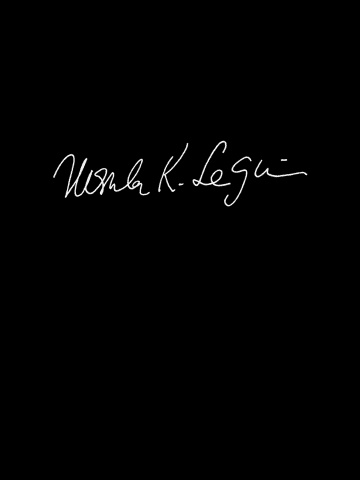
Fear and Loathing in the Interview
The interviewers I fear most are the ones whove read what the publishers PR people say about your book, along with some handy pull quotes. They read one of these aloud and say in a sincere voice, Now, tell us more about what you said here.
Such interviewers get on well with celebrities who have written a book. It doesnt matter if the celebrity didnt actually write the book, since the interviewer hasnt actually read it. All thats wanted is a sound bite.
Tell us more about this may also work with serious authors whose book contains information or a message theyre eager to repeat in order to make sure it gets delivered.
But it fails with authors who have worked hard to put something complicated into words as well as they possibly can. Theyre happy to hear what they said read aloud, but not happy with the implication that it needs to be said differently or better. What you wrote about the nightingale is so interesting, Mr. Keats, please tell us more?
Ive been fortunate enough to meet the polar opposite of this uninformed interviewer. A couple of sessions with Bill Moyers set my permanent standard of The Good Interview. Its the one you wish could go on. Its a conversation between people who have thought about what theyre talking about, and are thinking about it now in the light of what the other person is saying. This leads each of them to say things that they may be just discovering. They may not agree, may even have quite fundamental disagreements, but such differences, spoken and answered without belligerence, can take the conversation to a high level of intensity and honesty.
By now I know within a question or two whether were heading for frustration or reward. If the signs of doom are clear, going on with it is hard work for both of us. I think, How am I supposed to answer that? while the interviewer thinks, Oh god, another ten seconds of silence and then she says, Um.
The good interview is like a good badminton rally: you know right away that the two of you can keep that birdie in the air, and all you have to do is watch it fly.
Facing each other for the first time in one of KBOOs lovable, terminally funky recording rooms, David and I were a bit stiff and shy, but we soon got going, and I knew our bird was on the wing.
As a novelist I can talk and do talk shamelessly about fiction, but am shy and amateurish speaking as a poet. People who talk about poetry are usually talking to other poets, and Other Poets are a demanding, fiercely opinionated, often adversarial lot. They can be clannish, too. On performance nights at writing workshops, Ive sat with prose writers listening intently as the poets read; when it was the prose writers turn to read, the poets all got up and left. And then theres a kind of Poetspeak that goes with the territory, but which is not my language. All in all, I was nervous about the poetry interview with David. But that lasted no time. Nothing cures nervousness quicker than getting interested in the conversation.
Having to talk about my nonfiction scares me in a different way. I fear the interviewer is going to discuss the influence on my work of Schopenhauer, or Wittgenstein, or Theodor Adorno, none of whom I have ever read; or will demand my opinion of queer theory, or string theory; or instruct me to tell the audience what Taoism is; or (likeliest of all) will ask me about The Future of Mankind. That I know the immensity of my ignorance doesnt mean I like to display it. Im grateful to an interviewer who respects the limits of my learning and my intellect, and who doesnt require me to act the Oracle of Delphi.
And every now and then I meet one who realizes that what I really like to do is talk shop.
David likes talking shop too. So thats what we did.
I want to thank KBOO for letting us do it. And for being for fifty years the strongest consistent voice in Oregon of and for the arts and the freedom and generosity of thought. While America is busy tearing itself apart into factions with rant, lies, and mindless violence, its in voices like this that you can hearif you listenwhat may yet hold us together.
Ursula K. Le Guin,October 6, 2017
Children know perfectly well that unicorns arent real, says Ursula K. Le Guin. But they also know that books about unicorns, if they are good books, are true books.
That was my experience of reading Tales of Earthsea growing up. Magic is commonplace in Earthsea. Wizards walk the earth and dragons fly the skies. Yet the further they took me from reality the closer I felt to the real. Ursula K. Le Guin at her heart is a writer not of fiction per se, but of the imagination. And imagination, to her, is not something we merely do in our spare moments, an idle act, but the very faculty that makes us who we are. So much so that she warns us that people who deny the existence of dragons are often eaten by dragons. From within.
Having been transported on the wings of Le Guins imaginative powers from a young age, I couldnt help but wonder what meeting the real Ursula K. Le Guin would be like, how the imagined writer, a wizard who conjured worldsthe magic realm of the Tales of Earthsea, the ambisexual planet of Gethen in The Left Hand of Darkness, the anarcho-syndicalist society of Anarres in The Dispossessed, to name just a fewwould compare to the real-world, flesh-and-blood woman in Portland, Oregon, the one who walked the same everyday streets as me, the one I would soon interview about the nuts and bolts craft of writing fiction.

